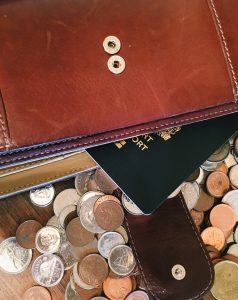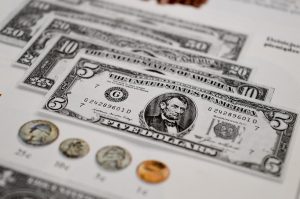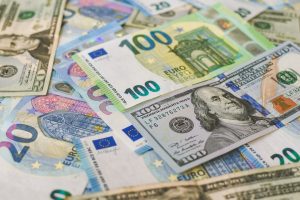Forex trading has become a popular way of earning income in Canada, and it is important for traders to understand the tax implications of such an activity. The Canada Revenue Agency (CRA) has specific rules regarding the taxation of forex trading income, which traders need to be aware of to avoid any penalties or legal issues.
Forex trading income is considered as either capital gains or business income. The type of income that a forex trader earns will depend on the frequency and duration of their trading activities, and whether they are trading for personal or business purposes.
If a trader is trading forex for personal purposes, such as to supplement their income or as a hobby, any profits earned from forex trading will be considered capital gains. Capital gains are taxed at 50% of the individual’s marginal tax rate. This means that if an individual’s marginal tax rate is 30%, they will only pay tax on 50% of their capital gains.
However, if a trader is trading forex as a business, any profits earned will be considered business income. Business income is taxed at the individual’s marginal tax rate. This means that if an individual’s marginal tax rate is 30%, they will pay tax on 100% of their business income.
To determine whether forex trading income is considered capital gains or business income, the CRA looks at a number of factors. These factors include the frequency and duration of the trading activity, whether the trader has a separate office or workspace for their trading activities, and whether the trader has a business plan or strategy for their trading activities.
It is important for traders to keep detailed records of their trading activities, including profits and losses, to accurately report their income to the CRA. Traders should also consult with a tax professional to ensure they are following all tax rules and regulations.
In addition to income tax, forex traders may also be subject to other taxes, such as the goods and services tax (GST) or the harmonized sales tax (HST). Traders who earn more than $30,000 in a year from their forex trading activities may be required to register for and collect GST or HST.
Forex traders should also be aware of the foreign income verification statement (T1135) that must be filed with the CRA if they have foreign assets with a total cost of more than $100,000 CAD. This includes any foreign currency or forex accounts held outside of Canada.
In conclusion, forex trading income in Canada is subject to specific tax rules and regulations, and traders need to understand these rules to avoid any penalties or legal issues. Whether forex trading income is considered capital gains or business income will depend on a number of factors, and traders should keep detailed records of their trading activities and consult with a tax professional to ensure they are following all tax rules and regulations.






